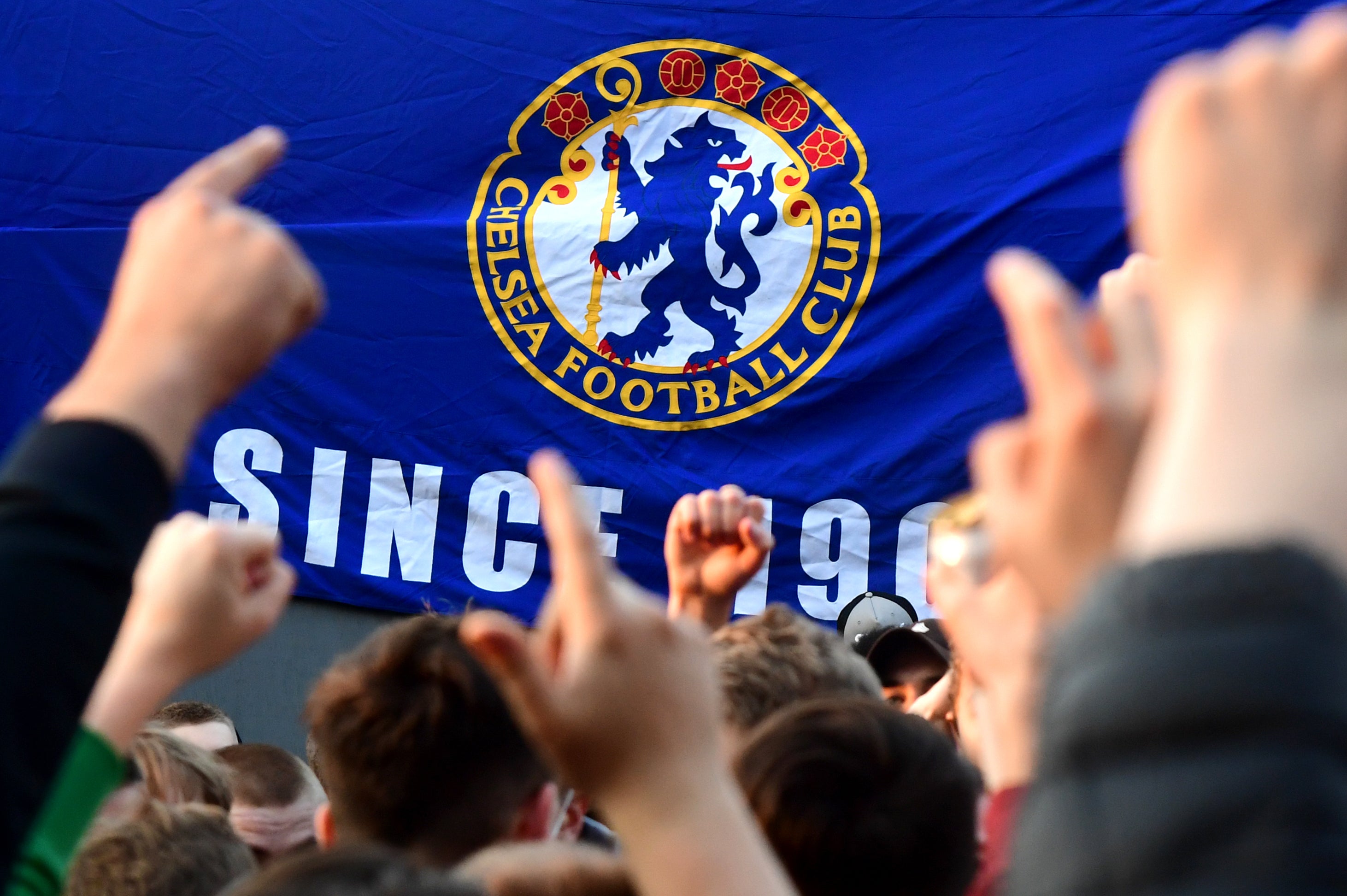Football needs regulator to avoid another Chelsea crisis, government claim
Further detail on the independent regulator’s remit is set to be included in a white paper coming out in the summer

Your support helps us to tell the story
From reproductive rights to climate change to Big Tech, The Independent is on the ground when the story is developing. Whether it's investigating the financials of Elon Musk's pro-Trump PAC or producing our latest documentary, 'The A Word', which shines a light on the American women fighting for reproductive rights, we know how important it is to parse out the facts from the messaging.
At such a critical moment in US history, we need reporters on the ground. Your donation allows us to keep sending journalists to speak to both sides of the story.
The Independent is trusted by Americans across the entire political spectrum. And unlike many other quality news outlets, we choose not to lock Americans out of our reporting and analysis with paywalls. We believe quality journalism should be available to everyone, paid for by those who can afford it.
Your support makes all the difference.Football needs an independent regulator to avoid a repeat of what has happened at Chelsea and other clubs, Culture Secretary Nadine Dorries has said.
Dorries told MPs on Thursday that the government is committed to bringing forward legislation to create a new regulator “very soon”.
An independent regulator was one of the recommendations of the fan-led review published last November, with further detail on the regulator’s remit set to be included in a white paper coming out in the summer.
Dorries warned those who oppose an independent regulator that one was definitely coming, and told the Digital, Culture, Media and Sport (DCMS) select committee: “We’ve reached a pivotal point with football.
“There can be no more Macclesfields, no more Derbys and no more Chelseas. We need a fit and proper person test for owners of football clubs. And it is happening. (Opponents of a regulator) may not like it but it’s happening.”
The Government must issue a new licence allowing the sale of Chelsea to be permitted, replacing the one it imposed on the club in March which allowed them to continue to operate under strict conditions after owner Roman Abramovich was sanctioned.
The Russian billionaire’s assets were frozen, with Downing Street claiming to have proven his links to Russian president Vladimir Putin.
The current licence expires on May 31. Lawyers for Abramovich and the Government are understood to remain in talks about how to handle the Stamford Bridge club’s £1.5billion debt to the Chelsea owner, with the Government understood to be seeking legally binding assurances that Abramovich will in no way benefit from Chelsea’s sale.
A consortium led by Los Angeles Dodgers co-owner Todd Boehly struck a purchase agreement to buy Chelsea for £4.25b earlier this month.
Dorries told the DCMS committee she could not comment further on Chelsea as it was a “live negotiation”.
The Secretary of State said it would be the regulator’s responsibility to avoid clubs being used as vehicles for money-laundering and sportswashing, and to prevent any further attempts to form a breakaway European Super League.
Dorries said that the regulator would be entirely independent of the Football Association, at least to start with.
“It is important that is entirely independent, and it’s an independent organisation,” she said.
“Can I look into the future and say that as that works through, it could sit under a wing of the Football Association or something? I don’t know, they’re discussions of the future.
“I know this is a conversation that’s bubbling along under the surface, I don’t know. But what I do know is that initially, when the regulator is established, and when it’s set up, it will be independent.”
FA chief executive Mark Bullingham said last week his organisation had given the Government “a really strong argument” as to how the regulator could sit alongside his governing body and “within the broader FA family”.
He added: “I think we see the advantages that we can use some of our knowledge, and we can intertwine it with the regulatory aspects that we do, but (it) would need to have a large degree of independence.”
Join our commenting forum
Join thought-provoking conversations, follow other Independent readers and see their replies
Comments